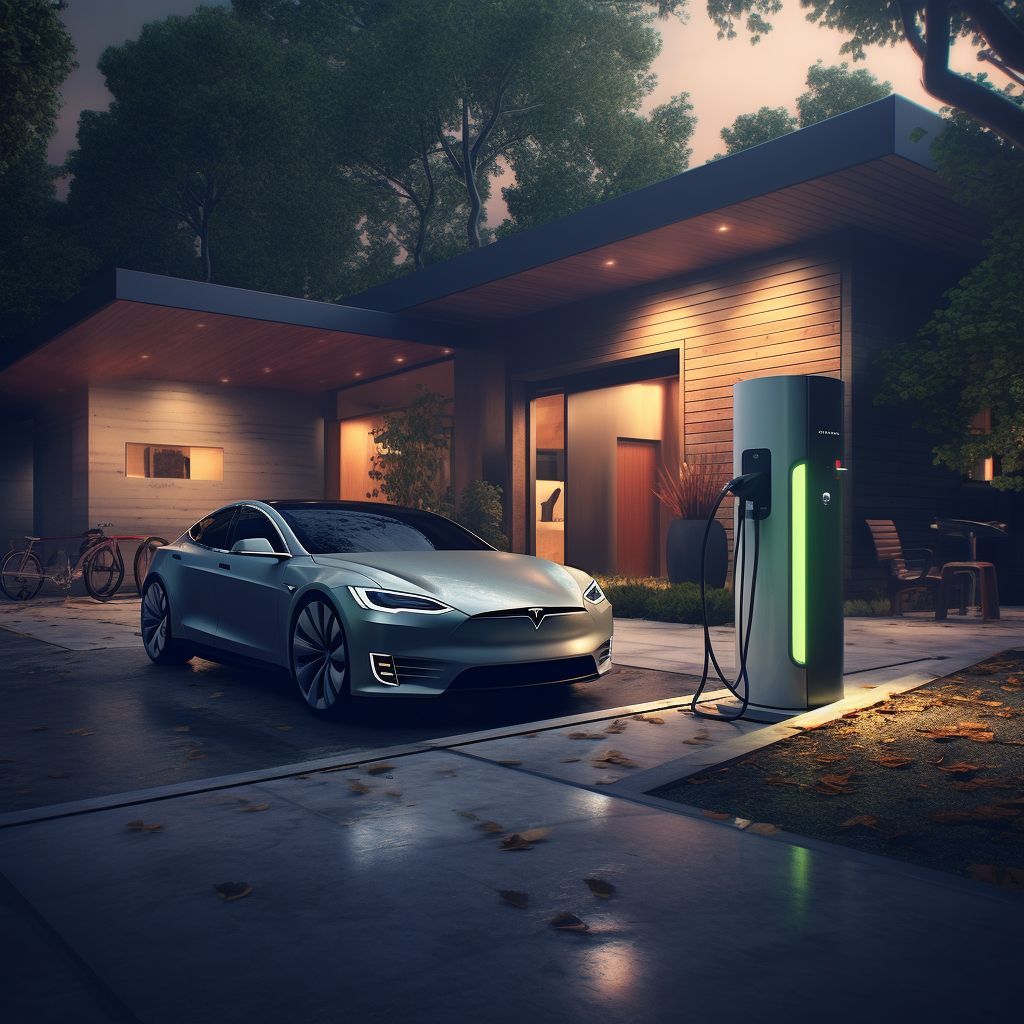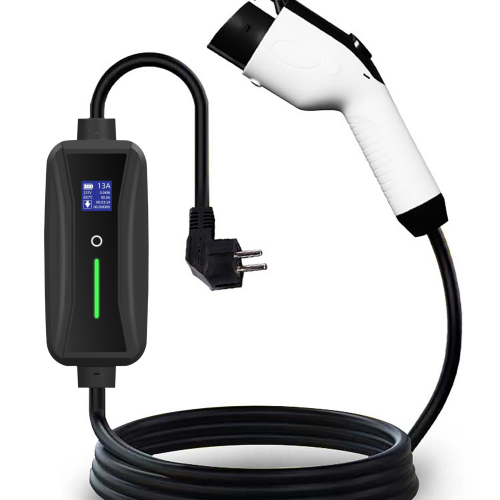Modern home electric vehicle (EV) charging solutions encompass a range of advanced technologies and features designed to provide efficient, convenient, and environmentally-friendly charging options. Here are some modern EV charging solutions to consider:
Smart Charging Stations:
Smart charging stations are equipped with Wi-Fi or cellular connectivity, allowing you to remotely monitor and control your charging sessions via smartphone apps. You can schedule charging, view charging history, and receive notifications.
Some smart chargers can integrate with home energy management systems, optimizing charging times based on energy demand and cost.
Bi-Directional Charging (V2G/V2H):
Bi-directional charging enables your EV to not only draw power from the grid but also feed excess energy back into your home or the grid. This technology is useful for load balancing during peak demand and for providing backup power during outages (Vehicle-to-Home or V2H).
Wireless Charging (Inductive Charging):
Wireless charging eliminates the need for physical cables. Simply park your EV over a wireless charging pad, and the charging process begins automatically. This technology is convenient and eliminates cable wear and tear.
Solar Integration:
Some charging solutions allow you to integrate your EV charging with solar panels or other renewable energy sources. This way, you can charge your vehicle with clean, self-generated energy.
Fast Charging at Home:
Home fast chargers (Level 2 chargers with high power output) can significantly reduce charging times compared to standard Level 1 chargers. They are especially useful if you have a long commute or need to charge your vehicle quickly.
Modular Charging Solutions:
Modular chargers offer flexibility by allowing you to add charging capacity as your EV fleet grows. You can start with a single charging port and expand as needed.
Energy Storage Integration:
Combining home energy storage solutions (such as batteries) with EV charging allows you to store excess energy and use it to charge your vehicle during peak hours or when solar energy is not available.
LED Charging Indicators and Touchscreens:
Modern chargers often feature user-friendly interfaces with LED indicators or touchscreens that display real-time charging information, making the charging process more intuitive.
Automatic Plug-in/Park and Charge:
Some EVs and charging stations have automated plug-in systems that connect your vehicle to the charger without manual intervention. This feature enhances convenience.
Sustainability Features:
Charging stations with eco-friendly materials and energy-efficient designs contribute to overall sustainability efforts.
Third-Party Charging Apps and Networks:
Consider EV charging solutions that are compatible with third-party charging apps and networks, giving you access to a wider range of charging stations beyond your home.
Innovative Designs and Form Factors:
Charging stations now come in various sleek and compact designs that can blend seamlessly with your home’s aesthetics.
Voice Control and Integration:
Integration with voice assistants like Alexa or Google Assistant allows you to control and monitor your charging sessions using voice commands.
Safety Features and Notifications:
Advanced safety features such as temperature monitoring, automatic shutoff, and surge protection enhance the safety of the charging process. Notifications alert you to any issues.
Before purchasing a modern home EV charging solution, carefully assess your needs, budget, and available infrastructure. Consult with professionals to ensure proper installation and compatibility with your EV model.
Type 1 Electric Car Charger 16A 32A Level 2 Ev Charge Ac 7Kw 11Kw 22Kw Portable Ev Charger
Post time: Aug-16-2023










